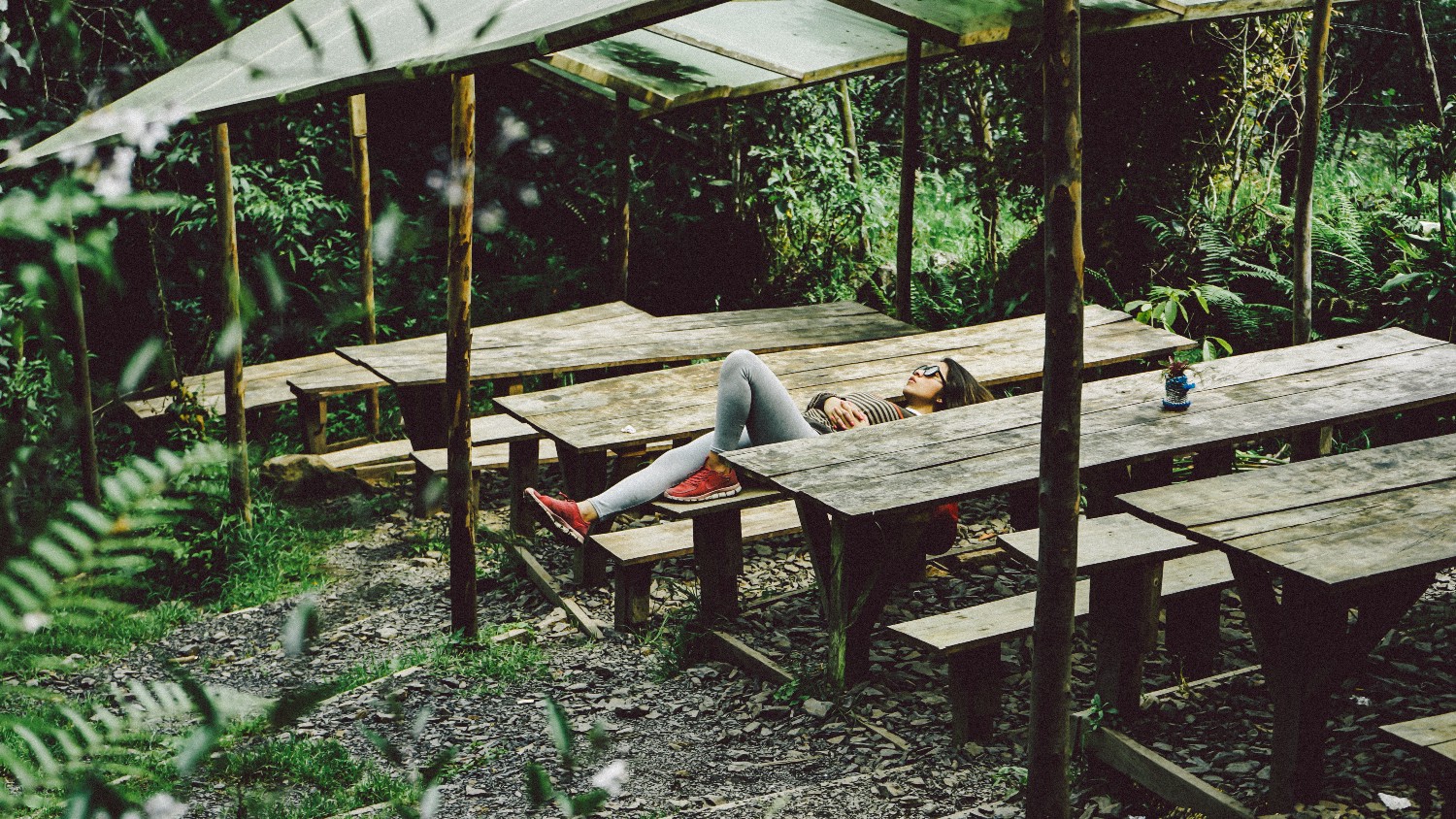Add your sleep to the (long) list of things climate change might threaten. Recent research published in Science Advances argues that by 2050, climate change could cost Americans millions of nights of bad sleep as rising nighttime temperatures make it harder to get good rest.
According to the study’s press release, it’s the largest real-world study yet linking poor sleep with abnormally high nighttime temperatures and the first to take that link and apply it to climate change projections.
Nick Obradovich, currently a postdoctoral fellow at Harvard’s Kennedy School of Government and a research scientist at the MIT Media Lab, led the investigation. He and his team started by analyzing survey data from 765,000 U.S. residents collected between 2002 and 2011. After comparing respondents self-reported sleep with daily temperature data, the researchers added climate change projections to the mix.
Based on their analysis, the researchers argue that if emissions rates keep rising, so will sleepless nights in America. Specifically, the press release notes that “If we had a single month of nightly temperatures averaging 1 degree Celsius higher than normal, that is equivalent to 9 million more nights of insufficient sleep in a month across the population of the United States today, or 110 million extra nights of insufficient sleep annually.”
As for what this means for your personally, it’s hard to say based on the way the researchers presented their findings. And self-reported data is far from the gold standard for research. But the idea that hotter nights lead to worse sleep makes sense. Ask any sleep expert and they’ll tell you that cool temperatures are ideal for good sleep.
It’s also important to note that climate change’s impact on sleep could be more significant in other areas of the world. “The U.S. is relatively temperate and, in global terms, quite prosperous,” Obradovich said in the press release. “We don’t have sleep data from around the world, but assuming the pattern is similar, one can imagine that in places that are warmer or poorer or both, what we’d find could be even worse.”
We’re at critical juncture with climate change right now, with experts arguing that we face disaster if immediate action isn’t taken. (And of course, Trump just pulled the U.S. out of the Paris Agreement.) It may seem like a drop in the bucket, but doing what you can to limit your own impact on the environment matters. And as you do that, try to keep your bedroom cool so you get the rest you need.
Read more about the study here.
Originally published at medium.com


